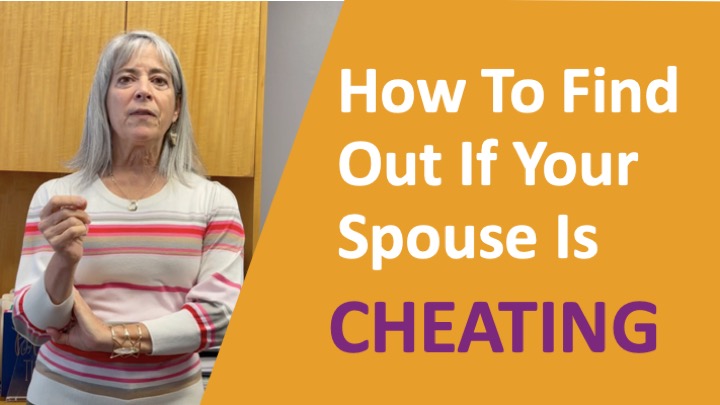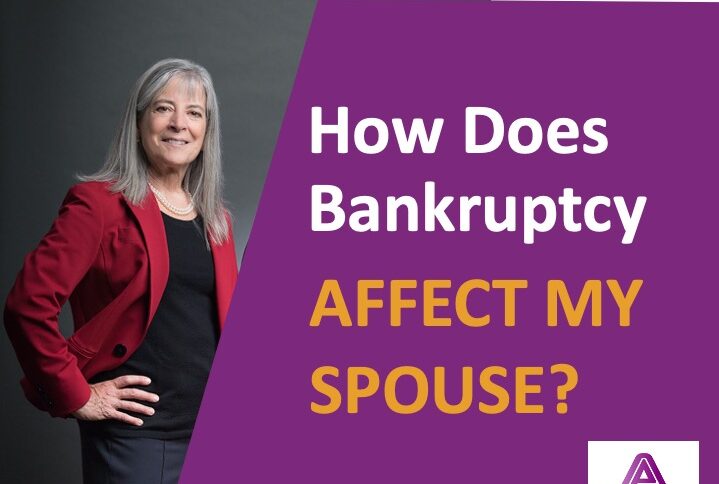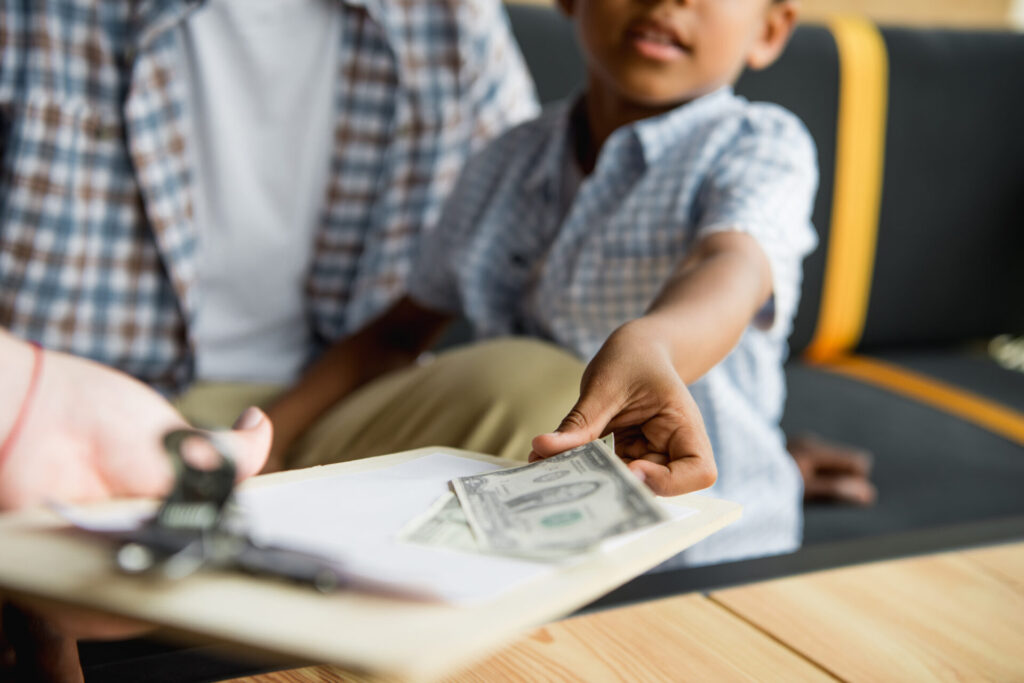Chapter 7 bankruptcy is also known as a ‘liquidation bankruptcy’ or ‘discharge’. Chapter 7 is designed to free the debtor of his unsecured consumer debt, and allow the debtor to decide whether to keep or dispose of secured debt. It is typically referred as a “fresh start”.
Unsecured consumer debt is often credit card debt or personal loans. The individual is typically relieved of these debts in Chapter 7 bankruptcy.
The debtor has the choice as to how to handle their secured debt. Secured debt is debt that is tied to an asset, like a car loan. If the debtor chooses to keep the asset, then the debtor must reaffirm the debt. When a debt is reaffirmed it is critically important that the debtor continues to make timely and consistent payments. In the alternative, the debtor can surrender the asset and be entirely relieved of the associated debt.
Chapter 7 relieves the debtor of unsecured debt, and secured debt only if the associated asset is surrendered. However, Chapter 7 will not remove liens against property. So if a judgment has been secured against you, and you own real property, the lien against your property will remain. Mechanics liens and certain types of tax liens also remain after Chapter 7. The lien will not be removed by a Chapter 7 bankruptcy.
Can I keep my property if I file Chapter 7 Bankruptcy?
There are limits to how much property a debtor can have and still be eligible to file Chapter 7. In Maryland, an individual can have up to $12,000 of assets. If a couple is filing together, then the couple can have $24,000 of assets. However, if you have a loan against your car (secured debt), the value of the car is determined by subtracting the loan from the total value. If you own a home, you can exempt up to $22,975 as a “homestead exemption.” Maryland also has a “wildcard” exemption that you can use to protect up to $6,000 in any property. You can combine the wildcard and homestead exemptions to protect up to $28,975 in your home. There is also an exemption for “tools of the trade.” So, if you own a landscaping business, you will be able to keep your equipment.
What effect will Chapter 7 have on my credit score?
If you are going to file Chapter 7, your credit score is likely already low. You can expect that the bankruptcy will remain part of your credit score for up to ten years. However, you can begin to improve your credit score immediately after filing bankruptcy. For example, if you reaffirmed your car loan, timely payments on secured debt will have a positive influence on your credit score. The reduction in the amount of debt that you owe will also improve your credit score.
Who Is Eligible?:
Chapter 7 bankruptcy requires that you pass what is known as a “means test.” The means test is a formula for determining if your income is low enough for you to qualify for Chapter 7. The “means test” considers variables including income, reasonable and necessary expenses, the area of the country where the individual lives, etc. If the test concludes that the individual’s income is less than a certain threshold, which is adjusted for by allowed expenses, then it is likely that the debtor will qualify for a Chapter 7. While some sites give an approximation of a means test calculator, it is still best to meet with a Chapter 7 bankruptcy attorney to avoid any errors. Once you qualify, there are no restrictions or limits on the amount of debts you have, however, there are some forms of debt that are not dischargeable. These include outstanding child support payments, student loans, criminal fines, and tax debts that are less than three years old.
Are there debts that cannot be discharged?
In general, student loans are non-dischargeable debts. Neither child support nor alimony debts are dischargeable.
Advantages:
- There are no limitations on the amount of debt you have in order to file for bankruptcy.
- There is no burden of a repayment plan.
- As soon as you file bankruptcy, creditors are barred from taking any adverse action against you. Harassing telephone calls must stop, and pending litigation must be stayed.
- Debtors are no longer liable for any discharged debts after bankruptcy is filed.
- You will receive your discharge about 60 to 90 days after the Meeting of the Creditors.
Choosing Between Chapter 7 and Chapter 13
It is important to note the differences between Chapter 7 and Chapter 13 bankruptcy before deciding which to use. Chapter 13 reorganizes your debt, meaning you still pay what is owed, but over a period of time and through your regular income without giving up your assets. Under Chapter 7, most qualified debts are waived after a liquidation of assets. So for individuals who have a consistent income and who wish to keep their home or car, Chapter 13 may be the best option. However, Chapter 7 may be preferred for those who want to cut down significantly on their debt without the continued burden of monthly payments. The choice largely depends on the details of your case, including the needs of yourself and your family. It is important that you do not make a decision like this without the input of an attorney.
Contact Paré & Associates, LLC (formerly Law Office Of Alice Paré) to hire a Chapter 7 Bankruptcy Attorney Montgomery County MD or Call us today at (301) 962-2492 to discuss your situation.





